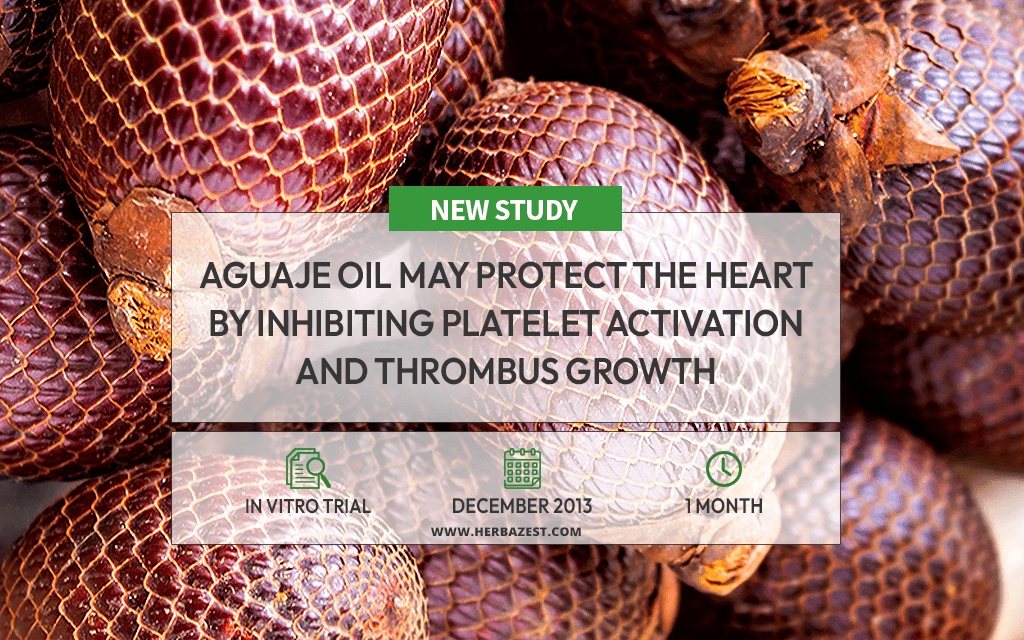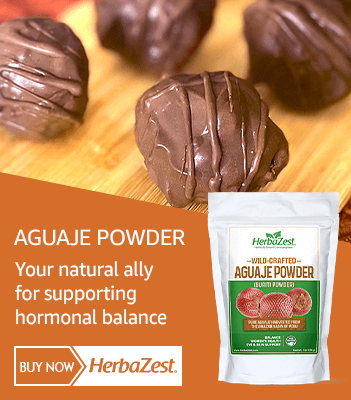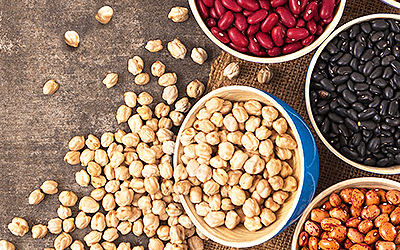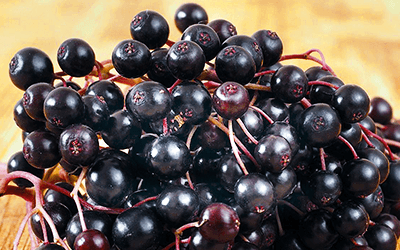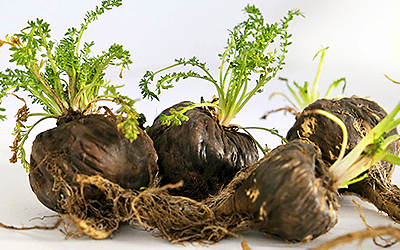A balanced and nutritious diet is known to be beneficial for the prevention and management of cardiovascular disease. Alongside fruits, vegetables, and lean protein, experts recommend consuming various sources of healthy fats - namely those rich in mono- and polyunsaturated fatty acids.1
The oil extracted from aguaje is largely unknown outside of South America, yet highly valued by the locals. Rich in antioxidants and healthy fats, it could potentially offer cardioprotective benefits.
As such, the purpose of this study was to assess the antiplatelet and antithrombotic effects of aguaje oil.
The Study
This trial was conducted by Chilean researchers from the University of Talca, using the oil extracted from aguaje's peel. The oil's fatty acid profile was determined, and platelets were obtained from blood samples from healthy participants.
Researchers evaluated the oil's antiplatelet and antithrombotic activities, using a variety of laboratory procedures. They shared their findings in the renowned Evidence-Based Complementary and Alternative Medicine journal.
The Results
It was observed that aguaje's oil extract inhibited platelet secretion and aggregation, which are processes of platelet activation.
The oil has also shown an ability to inhibit arterial thrombus growth similar to that of aspirin, which is commonly taken as an antiplatelet medication.
What Does this Mean?
It was the first study to reveal aguaje's cardioprotective effects, particularly on platelet activation and thrombosis formation.
Using aguaje to decrease cardiovascular risks would potentially allow patients to avoid the side effects of conventional antiplatelet medications, including the risk of bleeding.
Researchers attribute aguaje's effects on preventing cardiovascular disease to its content of unsaturated fatty acids, mainly oleic and linoleic acids. However, more studies are needed to better understand the exact mechanism.
Other herbs with cardioprotective activities include apples, camu camu, tomatoes, cacao, and lupin.
Sources
- Evidence-based Complementary and Alternative Medicine, Mauritia flexuosa Presents in Vitro and In Vivo Antiplatelet and Antithrombotic Activities, 2013
Footnotes:
- Atherosclerosis. (2014). Thrombosis, and Vascular Biology, Dietary Fatty Acids and Risk of Coronary Heart Disease in Men: The Kuopio Ischemic Heart Disease Risk Factor Study. Retrieved September 23, 2021, from https://www.ahajournals.org/doi/full/10.1161/ATVBAHA.114.304082
